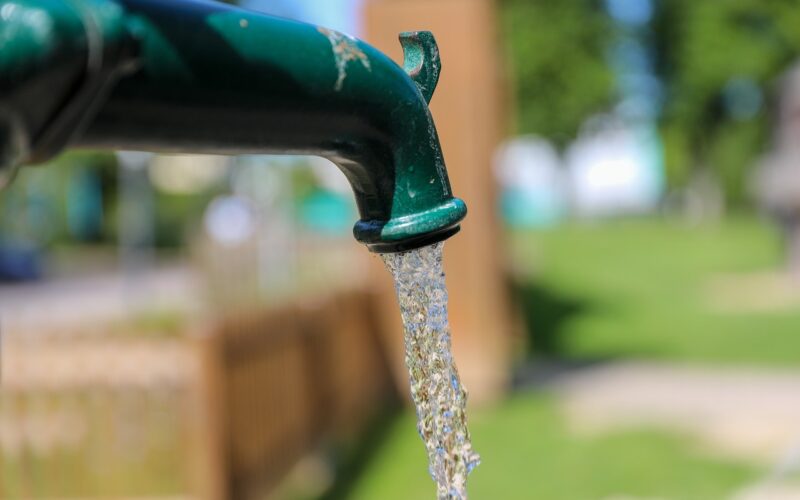
Monitor Ciudad: Venezuelans spend five minimum wages per month to provide drinking water to their homes | via: Sumarium
Sumarium | Venezuela | July 22, 2023
Unofficial translation made by HumVenezuela…
The NGO Monitor Ciudad affirmed on Thursday that the Venezuelan population spends around five minimum wages per month to supply drinking water to their homes as a consequence of the deficiencies of the service in the territory.
In their forum entitled “Water in Caracas”, the non-governmental organization proposed that in order to improve the service in the country, a significant participation of the private sector should be allowed.
In addition, the general director of Monitor Ciudad, Jesús Armas, pointed out the lack of transparency in the management of public funds destined to this service.
“Citizens have to invest on average up to five minimum wages per month to be able to meet their drinking water needs and there is also a de facto privatization of this public service”, he said in statements quoted by El Nacional.
He also raised the need for a greater participation of the private sector, through associations with the country’s hydrological companies.
“Depending on the reality of each region there must be a transformation of the governance model, but without a doubt we are going to need the participation of the private sector to be able to recover the aqueducts of our country and bring water back to the homes of Venezuelans”, he said.
Which are the most affected states?
He maintained that in the Metropolitan Area of Caracas citizens spend 65% of the time without water.
For his side, the data manager of Monitor Ciudad, Jesús Vásquez, said that there are sectors of the country that are completely disconnected from the service.
He detailed that, according to the data of the study they handle, the most affected states are Amazonas, Zulia and Carabobo, where citizens spend more than 60% of their time without water.
Likewise, he affirmed that the reform of the Organic Water Law does not contribute to accentuate a model that avoids that future generations are not carrying water.
“We have to be very clear and responsible with the proposals, when the water service is interrupted (…) the water is not drinkable. Therefore, people in their homes must take measures of potabilization to ensure the health of their families. Today nothing is being done to avoid this,” he said.